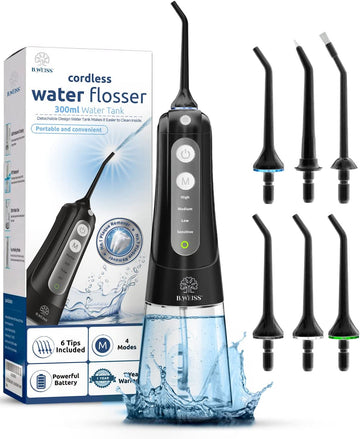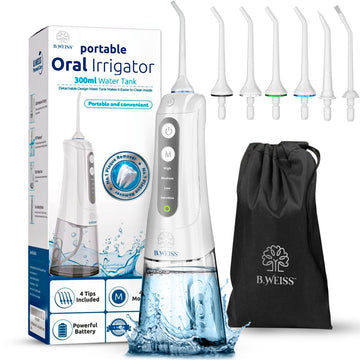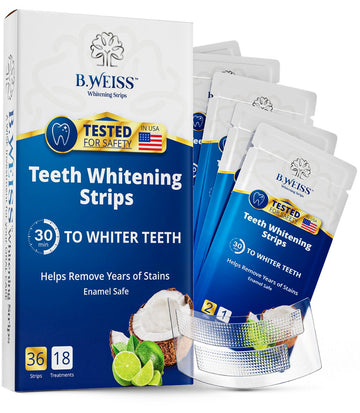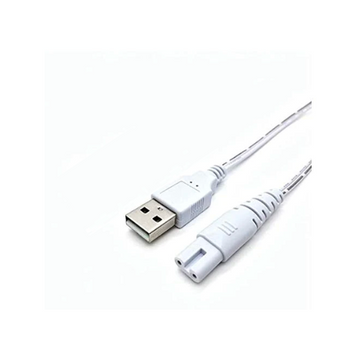Do You Sleep with Clear Retainers?
Yes, you can sleep with clear retainers as they are designed to be worn for extended periods, including during sleep. It's important to clean them regularly with a purple persulfate-free retainer cleaner to maintain hygiene and prevent odor and buildup.
Why You Should Wear Clear Retainers at Night
1. Maintaining Teeth Alignment
One of the primary reasons for wearing clear retainers at night is to maintain the alignment achieved through orthodontic treatment. Teeth have a natural tendency to shift back to their original positions, a phenomenon known as relapse. Nightly use of retainers helps prevent this movement and ensures your teeth stay straight.
2. Long-Term Stability
Consistency is key when it comes to maintaining your new smile. Wearing your retainers every night ensures long-term stability of your teeth alignment, making the results of your orthodontic treatment last longer.
3. Cost-Effective Solution
Orthodontic treatments can be expensive. By wearing your retainers as prescribed, you protect your investment and avoid the potential costs of further treatments needed to correct any relapse.
Benefits of Sleeping with Clear Retainers
1. Convenience
Wearing retainers at night is convenient because it doesn’t interfere with your daily activities. You can go about your day without the hassle of removing and cleaning your retainers multiple times.
2. Comfort
Clear retainers are designed to be comfortable. Made from smooth, transparent plastic, they fit snugly over your teeth and are less likely to cause irritation compared to traditional metal retainers.
3. Effective Retention
Nighttime wear is typically sufficient for keeping teeth in place, especially after the initial retention period where full-time wear is necessary. This means you get effective retention with minimal inconvenience.
Potential Drawbacks of Nighttime Retainer Use
1. Discomfort and Adjustment Period
Some users may experience discomfort or difficulty sleeping initially. However, this is usually temporary and can be mitigated by ensuring the retainers are properly fitted by your orthodontist.
2. Cleaning Challenges
Retainers need to be kept clean to prevent bacteria buildup, which can lead to bad breath or dental issues. Nighttime use requires a diligent cleaning routine to ensure hygiene.
3. Risk of Damage
Accidental damage can occur if you grind your teeth at night. If you suspect you are a night grinder, consult your orthodontist for advice. They may suggest a different type of retainer or additional protective measures.
Best Practices for Wearing Retainers at Night
1. Establish a Cleaning Routine
Clean your retainers every morning after removing them. Use a soft-bristle toothbrush and mild soap or a retainer-cleaning solution. Avoid using toothpaste, as it can be abrasive and cause scratches on the retainer’s surface.
2. Regular Dental Checkups
Visit your orthodontist regularly to ensure your retainers are in good condition and fitting properly. Regular checkups help catch any issues early, ensuring effective retention.
3. Proper Storage
When not in use, store your retainers in their case to prevent damage and contamination. Avoid placing them in hot water or leaving them exposed to high temperatures, as this can warp the plastic.
4. Address Discomfort
If you experience significant discomfort, consult your orthodontist. They can adjust the fit or provide solutions to make wearing your retainers more comfortable.
Frequently Asked Questions
1. How long should I wear my retainers at night?
The duration varies depending on individual needs and the recommendation of your orthodontist. Typically, after the initial full-time wear period, wearing them every night for several years is advised. Some people may need to wear them indefinitely a few nights a week to maintain alignment.
2. Can I wear my retainers during the day instead of at night?
While nighttime wear is generally sufficient for maintenance, some individuals may need to wear retainers during the day, especially if advised by their orthodontist. Follow your orthodontist’s instructions for optimal results.
3. What if I forget to wear my retainers for a night or two?
Forgetting to wear your retainers occasionally is not usually problematic, but regular omissions can lead to teeth shifting. If you forget, wear them as soon as you remember and try to avoid making it a habit.
4. How do I know if my retainers no longer fit properly?
If your retainers feel too tight, cause discomfort, or no longer fit over your teeth, it’s essential to consult your orthodontist. Misfitting retainers can be ineffective and may need adjustments or replacements.
Conclusion
Wearing clear retainers at night is essential for maintaining the results of your orthodontic treatment. While there may be some initial discomfort and the need for a diligent cleaning routine, the benefits far outweigh the drawbacks. By following best practices and your orthodontist’s advice, you can ensure your smile stays beautiful and aligned for years to come. Regular use of clear retainers, especially at night, is a small investment of time and effort for long-term dental health and aesthetic benefits.
Are you currently using or thinking about using retainer cleaning tablets? It's important to be aware that certain cleaner brands have the potential to cause toxic reactions.
It's crucial to be aware of harmful ingredients hiding in common cleaner brands. One such persulfate, which can pose SERIOUS health risks and is found in almost all leading retainer cleaners brands. Moreover, persulfate's health risks potentially impact respiratory health and skin sensitivities in your family, especially in teens and sensitive individuals. Learn more about the risk of persulfate HERE.
Disclaimer:
The content in this article is for informational purposes only and is not a substitute for professional medical advice. Always consult with a healthcare provider before making any changes to your health regimen. The author and publisher do not take responsibility for any consequences resulting from the information provided in this article.





